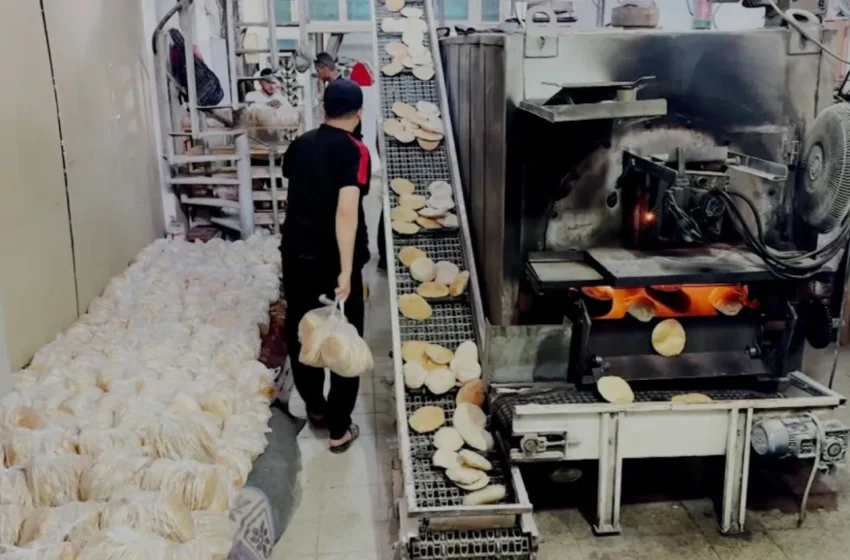
Aid reaches Gaza after prolonged pause, though UN deems it severely insufficient
For the first time since early March, a small quantity of food was sent to the beleaguered Gazans on Wednesday; but, senior United Nations officials cautioned that the delivery was “nowhere near enough” to stop the humanitarian catastrophe from becoming worse. More should be sent on Thursday, according to UN authorities.
If supplies are not let to enter the enclave in large quantities, aid organizations fear that a large portion of Gaza will be on the brink of hunger. Since March 2, Israel had prohibited any humanitarian supplies from entering Gaza, claiming that Hamas was stealing and making money off of it, until this week.
“In close contact with the team in Gaza,” stated UN Undersecretary-General for Humanitarian Affairs Tom Fletcher. It will be important today. Finally, truckloads of life-saving supplies are moving once more.
On Wednesday, trucks carrying humanitarian supplies and food started to arrive in Gaza for the first time in almost 11 weeks. The director of Gaza’s transport association, Nahid Shuheiber, said that more than 90 trucks loaded with food, flour, and baby supplements started distributing relief into southern Gaza.
Some of the flour will be sent to bakeries in the south so they may begin operations “immediately,” according to Kamel Ajour, owner of the Ajour bakeries in Gaza. In spite of the fact that two vehicles had been taken by people who were in dire need on Wednesday, Shuhaiber expressed his expectation for a comparable number of trucks on Thursday.
Late on Wednesday, the UN Office for the Coordination of Humanitarian Affairs (OCHA) reported that while five kitchens in Gaza City and Khan Younis had reopened, five others had been forced to close due to a shortage of supplies. Disagreements over the routes to be utilized within Gaza between the Israeli military and relief organizations have also resulted in delays.
The UN secretary-general’s spokesperson, Stephane Dujarric, said on Wednesday that “Israeli authorities had only allowed our teams to go through one area where that was highly congested, that we felt was insecure, and where we felt looting was highly likely to take place given the prolonged deprivation in Gaza.”
“Critical items like fuel or hygiene products have not been allowed by the Israeli authorities,”
OCHA added on Wednesday.
Israeli soldiers keep expanding their operations in Gaza as aid starts to seep in, forcing the civilian population into a narrower space. Eighty percent of Gaza is either under a displacement order or in an area that has been militarized by Israel, according to OCHA, which stated that “large numbers of people continue to be displaced.”
OCHA stated that there is “an extreme lack of shelter space” as a result of the continuous population displacement in Gaza, which is placing tremendous strain on humanitarian personnel. Residential structures and relocation locations are quite congested.


